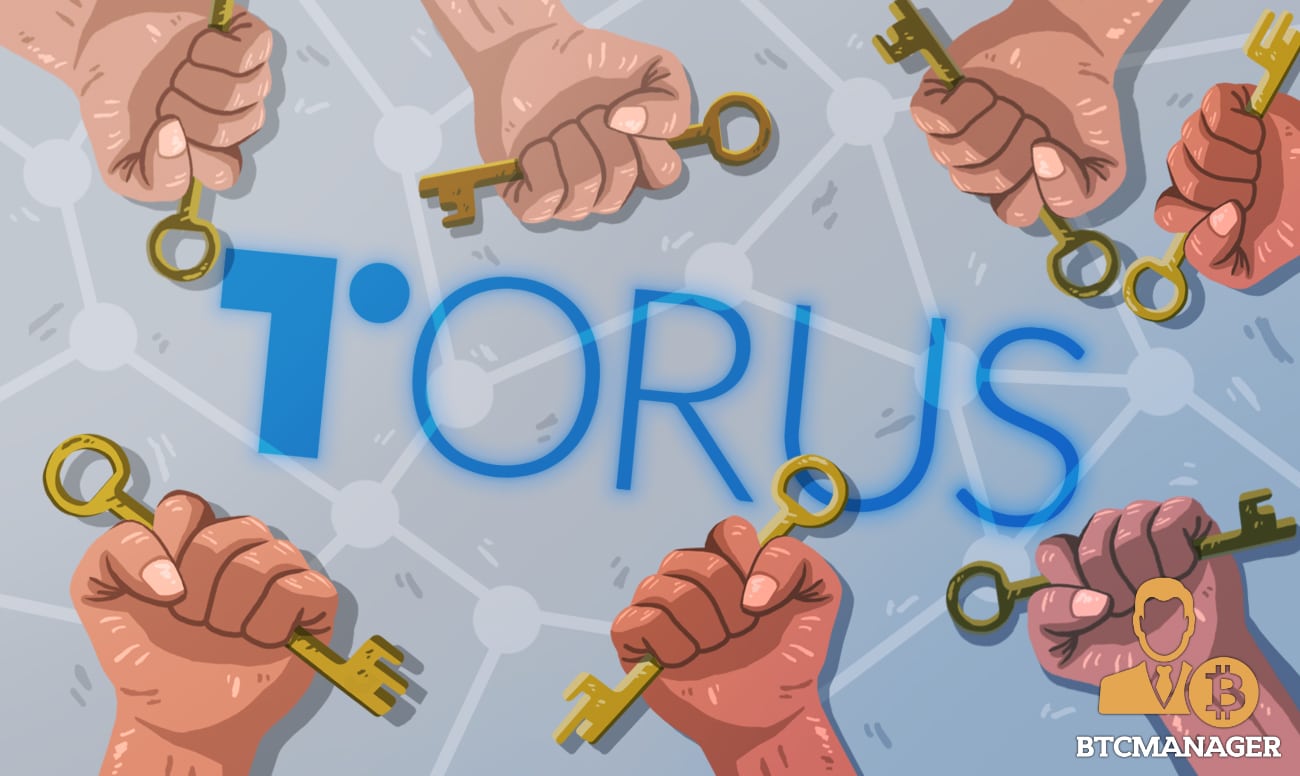Torus Raises $2 Million from Giants Including Binance and Coinbase

Torus, a company that focuses on improving self custody of cryptos, has closed a two million dollar round of funding from the likes of Multicoin Capital, Binance, and Coinbase Ventures. Private key management is one of the biggest obstacles to self custody of crypto and allowing users to hold it for utilization on a day to day basis, as reported by Coindesk, July 9, 2019.
Removing Complexity from Private Key Management
Bitcoin was meant to follow a self custodial model of storing assets; Satoshi Nakamoto built it as a means of avoiding the perils of monetary policy, which often favors larger corporations over households.
As institutional investment increases and more people become interested in gaining portfolio exposure, the self custodial model has been driven out by centralized exchanges and dedicated custody services.
The incoming growth of custodial services cannot be stopped for institutions, but individuals can learn to store their private keys in a safe and simple manner.
Kyle Samani, a partner at Multicoin Capital, believes Torus is solving one of the most critical problems that is holding back adoption. To avoid any complexities, most users flock away from private key management and allow entities such as a cryptocurrency exchange to take care of security for them.
However, these exchanges have a target painted on their back as hackers know that that they are in possession of a large amount of cryptocurrency. By delegating security of tokens to exchanges, users are putting their funds at huge risk – especially with the number of hacks in recent times.
Moving to Self Custody
Zheng Yu Yong, CEO of Torus, told Coindesk that when he introduced his friends to cryptocurrencies, they were intrigued by the concept of decentralization, yet they struggled to interact with blockchains and learn to properly secure their assets.
Torus introduces private key management solutions with the help of sharding, by dispersing the key across multiple computer servers. Attackers cannot reconstruct keys and only the user can access the encryption.
With the SEC recently declaring that most brokers engaging in the custody of digital assets are not conforming to necessary rules, more importance will come to the self custody of crypto.
The SEC said that most brokers dealing through noncustodial models are not even required to comply with these laws, offering an incentive for more decentralized exchanges to enter the American crypto industry.















